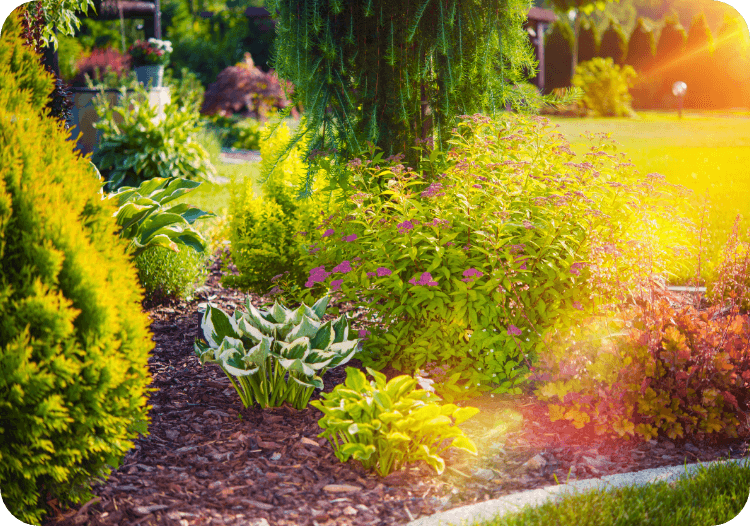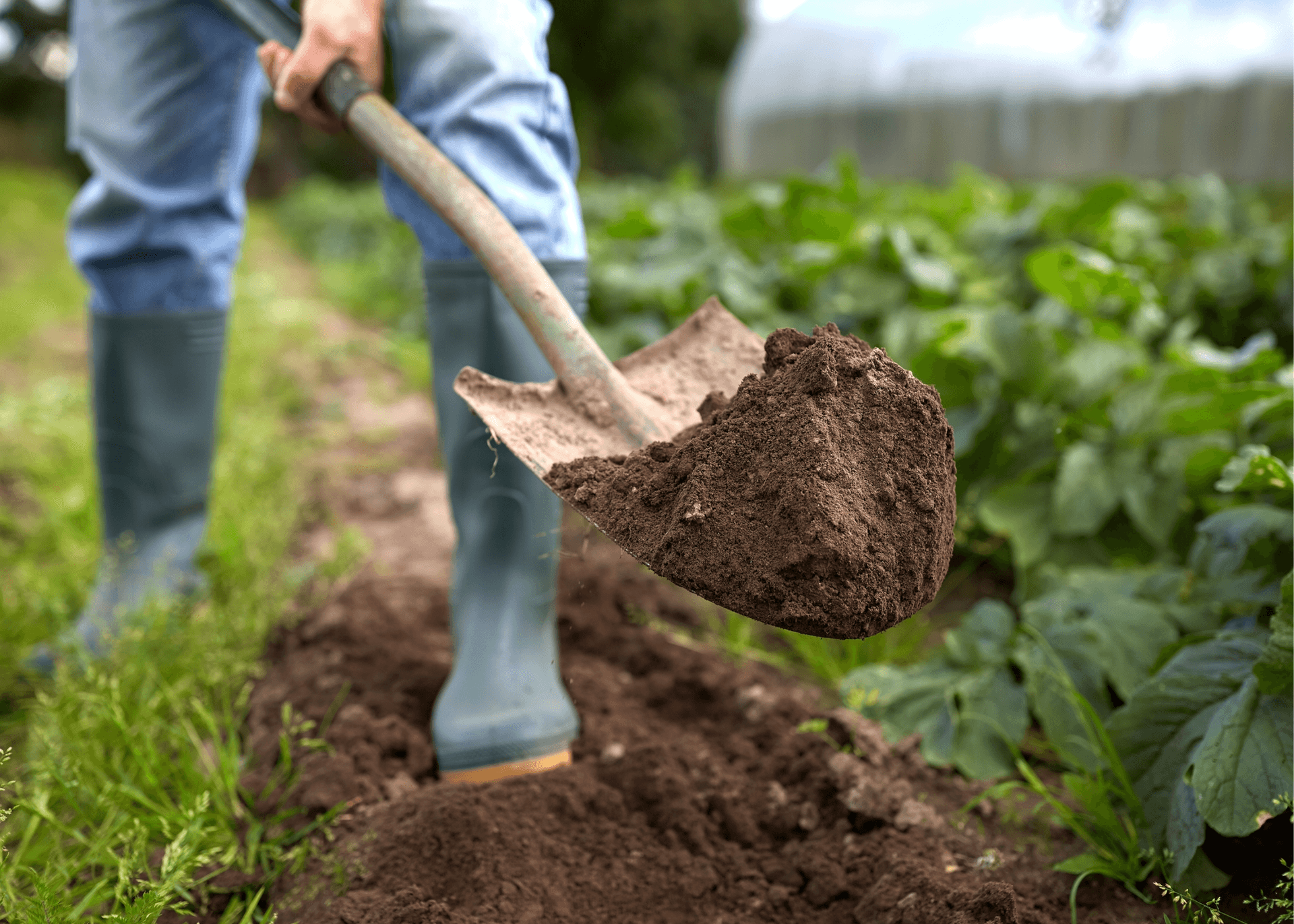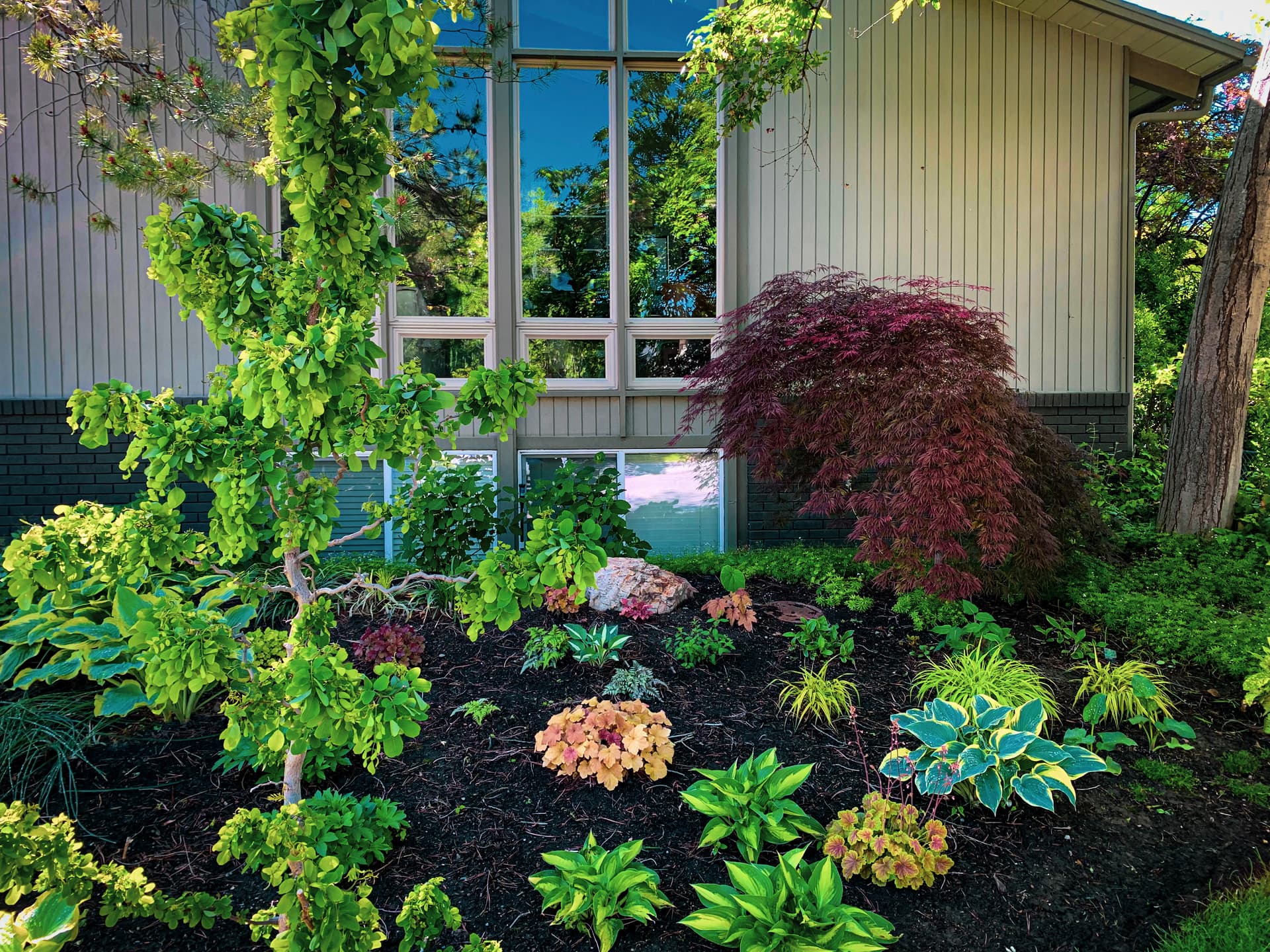8 Essential Summer Gardening Tips

1. Plan Ahead
Before you start planting, take the time to plan your garden. Consider what plants you want to grow, the layout of your garden, and the amount of sunlight your garden gets. Some plants need more sun than others, so it's important to choose the right location for each plant. Additionally, think about the amount of space each plant needs to grow and how much water they require. Planning ahead can save you time, money, and frustration later on.
2. Use the Right Soil

The quality of your soil is one of the most important factors for the success of your garden. Different plants require different types of soil, so it's important to use the right soil for the plants you're growing. For example, if you're growing vegetables, you'll want to use a soil that is rich in nutrients and has good drainage. If you're growing flowers, you may want to use a soil that is high in organic matter to promote healthy growth. You can also add compost or other organic matter to your soil to improve its quality.
3. Water Properly
Watering is crucial for the growth of your plants, but it's important to water properly. Over-watering can lead to root rot and other problems, while under-watering can cause your plants to wilt and die. The amount of water your plants need depends on the type of plant, the temperature, and the humidity. As a general rule, most plants need about an inch of water per week. However, it's important to monitor your plants and adjust your watering accordingly.
4. Control Pests Naturally

Pests can wreak havoc on your garden, but using chemical pesticides can be harmful to the environment and to beneficial insects such as bees and ladybugs. Instead, consider using natural methods to control pests. For example, you can use companion planting to repel pests, or use natural predators such as birds or ladybugs. You can also handpick pests off your plants or use natural sprays made from ingredients such as neem oil or garlic.
5. Enhance Your Garden with Landscape Design

Landscape design can enhance the beauty and functionality of your garden. With Simplyscapes, you can create a custom design that meets your specific needs and preferences. Whether you're looking to create a relaxing outdoor space or a stunning planter bed, Simplyscapes can help you achieve your goals. Other articles on our blog also help provide advice on choosing the right plants, creating a layout, and maintaining your garden throughout the season.
6. Provide Adequate Sunlight
Most plants need plenty of sunlight to grow and thrive, so it’s important to choose a location for your garden that gets enough sun. As a general rule, most vegetables and flowering plants need at least six hours of direct sunlight per day. If your garden is in a shaded area, you might want to consider planting shade-loving plants such as hostas, ferns, or impatiens.

7. Use Mulch to Retain Moisture
Mulch is a great way to retain moisture in your soil, which can help reduce the amount of water your plants need. Mulch also helps prevent weed growth, which can compete with your plants for nutrients and water. There are many different types of mulch to choose from, including straw, leaves, and bark chips. Just be sure to avoid using mulch that is too thick, as this can prevent water from reaching the roots of your plants.
8. Prune and deadhead regularly
Pruning and deadheading are important tasks to keep your plants healthy and encourage more blooms. Pruning involves removing dead or damaged branches or stems from your plants, while deadheading involves removing spent blooms to encourage more flowers to grow. Regular pruning and deadheading can help your plants stay healthy and produce more flowers throughout the summer.
In conclusion, summer gardening can be a fun and rewarding hobby, but it's important to know what you're doing. By planning ahead, using the right soil and watering properly, controlling pests naturally, and enhancing your garden with landscape design, you can create a beautiful and thriving garden that you can enjoy all season long.

